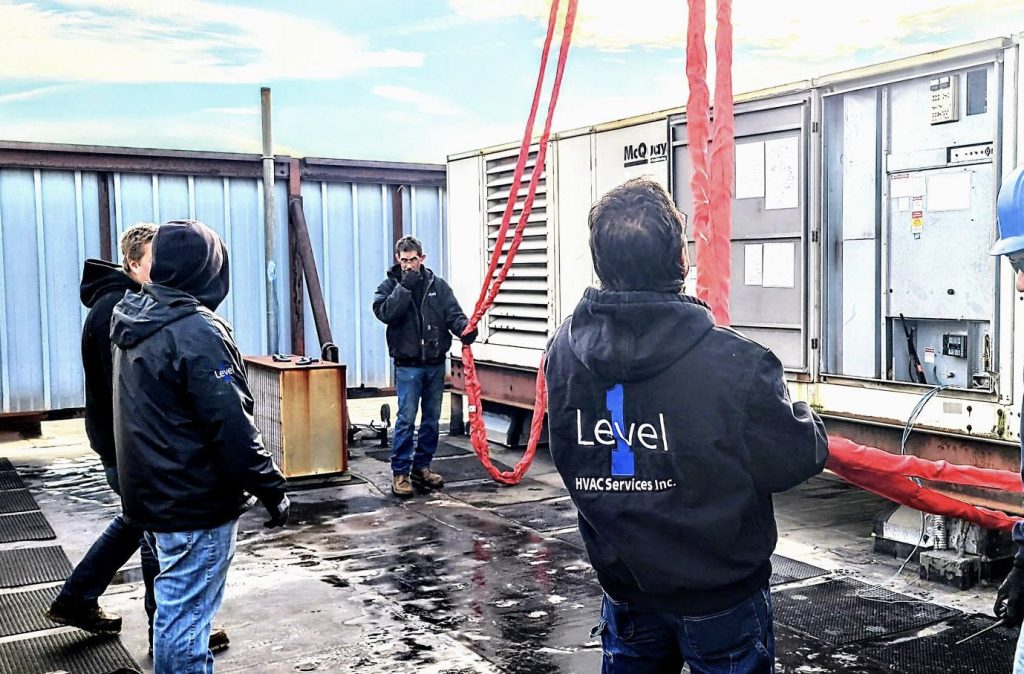HVAC System Replacement: What to Expect

HVAC System Replacement: What to Expect
Replacing an HVAC (Heating, Ventilation, and Air Conditioning) system can be a major project for property managers and HVAC technicians. Understanding the process can help you prepare and ensure a smooth transition to a more efficient and reliable system. Here’s a detailed guide on what you can expect during an HVAC system replacement.
Pre-Replacement Preparation
Assessment and Consultation
Before any replacement begins, a thorough assessment of the current HVAC system is essential. This involves:
- Inspecting the existing system: To understand the current setup and identify any potential issues that need addressing.
- Energy efficiency analysis: Determining how energy-efficient the existing system is and what improvements can be made with a new system.
- Consultation with experts: Discussing your specific needs and preferences with HVAC professionals to choose the best system for your property.
Budgeting
Replacing an HVAC system is a significant investment. Proper budgeting involves:
- Obtaining multiple quotes: Getting estimates from different HVAC contractors to compare pricing and services.
- Financing options: Exploring available financing options if necessary.
- Considering long-term savings: While the initial cost may be high, a more efficient system can lead to substantial energy savings over time.
The Replacement Process
Removal of the Old System
The first step in the actual replacement process is removing the old HVAC system. This includes:
- Disconnecting power and utilities: Ensuring safety by turning off all relevant power sources and utilities.
- Dismantling the old system: Carefully removing the old units, ducts, and other components.
- Disposing of old equipment: Properly disposing of the old system in accordance with local regulations and environmental guidelines.
Installation of the New System
Installing the new HVAC system is a multi-step process that requires precision and expertise:
- Setting up new units: Positioning and securing the new HVAC units (e.g., furnace, air handler, condensing unit).
- Connecting ducts and vents: Ensuring all ductwork and vents are properly connected to the new system for optimal airflow.
- Electrical and gas connections: Making sure all electrical and gas connections are safely and correctly installed.
- Testing the system: Running the new system to check for proper operation, including verifying that all components are functioning correctly and efficiently.

Post-Installation Steps
System Calibration
Once the new HVAC system is installed, it must be calibrated to ensure:
- Optimal performance: Setting the system to run at its peak efficiency.
- Correct thermostat settings: Ensuring the thermostat is properly programmed and linked to the HVAC system.
- Balancing airflow: Adjusting the system to maintain consistent and balanced airflow throughout the property.
Final Inspection
A final inspection guarantees that everything is in order:
- Professional inspection: An HVAC technician will thoroughly inspect the new system to ensure it meets all safety and performance standards.
- Compliance check: Verifying that the installation complies with local building codes and regulations.
Benefits of HVAC Replacement
Improved Efficiency
Modern HVAC systems are designed to be more energy-efficient, leading to:
- Lower utility bills: Reduced energy consumption translates to significant savings on your energy bills.
- Environmental benefits: A more efficient system is better for the environment, reducing your property’s carbon footprint.
Enhanced Comfort
A new HVAC system can greatly improve the comfort of your property by:
- Consistent temperatures: Better temperature control and distribution throughout the property.
- Improved air quality: Enhanced filtration and ventilation systems that provide cleaner, fresher air.
Increased Property Value
Upgrading to a modern HVAC system can also increase the value of your property:
- Attractive feature: Potential buyers or tenants view a new HVAC system as a valuable asset.
- Reduced maintenance costs: New systems are less likely to require frequent repairs, saving money and hassle in the long run.

Conclusion
Replacing an HVAC system is a significant undertaking, but understanding the process and benefits can make it a worthwhile investment. Property managers and HVAC technicians can work together to ensure a seamless transition, resulting in improved efficiency, comfort, and value for the property.
If you’re considering an HVAC replacement, consult with experienced professionals to guide you through every step of the process. With the right planning and execution, your new HVAC system will provide reliable and efficient service for years to come.
For more information on HVAC replacement and to explore your options, contact our team of experts today. We’re here to help you make the best decision for your commercial HVAC needs!
New Hudson #248-486-6500
West Branch #989-999-4822
- 100% Satisfaction Guarantee
- 25+ Years in Business
- 24/7, 365 Service
- Licensed, Insured, and Certified
